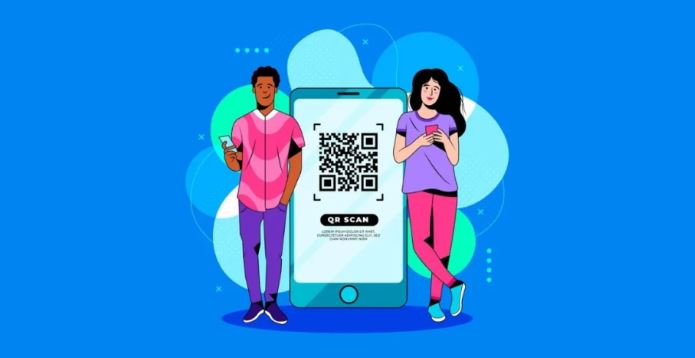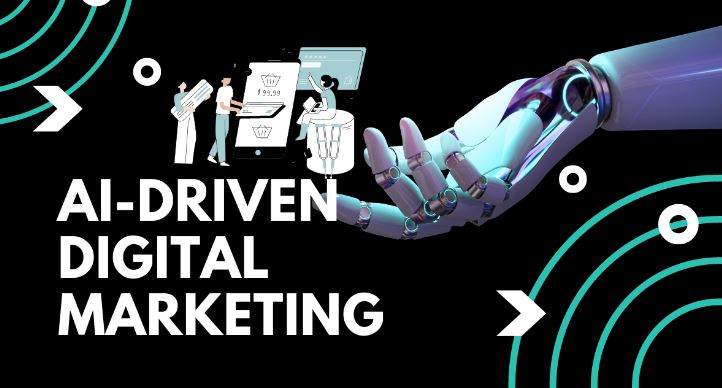How App Marketers Can Leverage QR Code Marketing

In a world where digital innovation constantly shapes our daily interactions, the emergence of QR codes revolutionized how we engage with technology. The genesis of the quick response (QR) code can be traced back to 1994 when Japanese engineer Masahiro Hara created it primarily for the automotive industry. Little did he know that this invention would transcend its initial purpose and permeate various other sectors, transforming the way we interact with the digital world? This blog discusses about How app marketers can leverage QR code marketing.
Why Utilize QR Codes In Your App Marketing?
The recent global pandemic propelled the utilization of QR codes to unprecedented levels, as they became instrumental in facilitating contactless interactions in a socially distanced world. Today, QR codes have permeated diverse industries, from enabling contactless menu access to streamlining flight boarding processes and facilitating secure payments. This surge in QR code usage has not only normalized their presence in our daily lives but also presented a significant opportunity for app marketers and developers to leverage this familiarity and enhance their marketing reach.
One of the primary reasons app marketers opt for QR code campaigns is to enhance brand awareness. QR codes serve as a bridge between the physical world and the digital realm of an app, allowing companies to strategically place these codes on billboards, buses, magazines, and other real-world locations to capture the curiosity of potential users. When scanned, these codes provide users with valuable information about the company’s offerings, effectively boosting brand exposure.
Acquiring New Users
Moreover, QR codes play a crucial role in boosting user acquisition for apps. In a cluttered digital landscape, standing out in the app store can be a challenge. By using QR codes, companies can direct potential users straight to their app in the store, eliminating the need for users to navigate through search results. This streamlined approach not only simplifies the download process but also increases the likelihood of acquiring new users effectively.
Furthermore, the integration of QR codes enhances user experience by enabling marketers to deep link users to specific in-app locations. This feature saves users time and effort by directing them to relevant pages directly, thus enhancing usability and engagement within the app. Platforms like Adjust offer innovative solutions such as the LinkMe feature, allowing marketers to drive conversions by guiding users to precise landing pages.
How to Get Started With QR Code App Marketing
Additionally, QR codes are an effective tool for retargeting users who have shown interest but have not yet converted. By incorporating QR codes into social media ads across platforms like Instagram, Twitter, Facebook, and Google Ads, companies can re-engage potential leads and tailor campaigns to resonate with their interests. This personalized approach significantly increases the chances of successful reacquisition and conversion.
To embark on a successful QR code app marketing campaign, marketers should carefully plan each step. From defining the destination of the QR code to crafting compelling copy and choosing between static and dynamic codes, every detail contributes to the campaign’s success. Launching the campaign for a specific duration allows for monitoring and testing, enabling marketers to track performance and optimize strategies based on results.
Summary
In conclusion, the evolution of QR codes from an automotive industry innovation to a ubiquitous tool in various sectors signifies their adaptability and effectiveness in enhancing digital experiences. Marketers embracing QR code campaigns can leverage these versatile codes to grow brand awareness, boost user acquisition, improve user experience, and retarget potential users effectively. By following a structured approach and monitoring campaign performance, app marketers can unlock the full potential of QR codes in expanding their marketing reach and engaging users in innovative ways.

